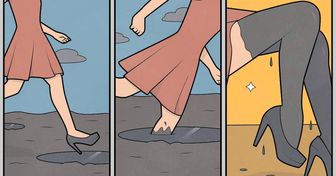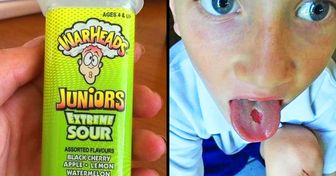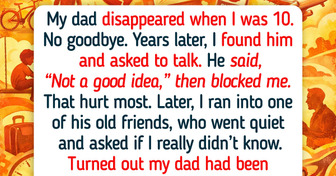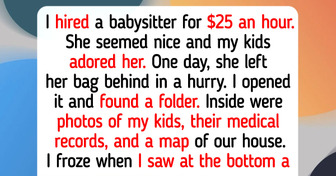20 People Who Found a Clever Way to Make Their Lives Easier

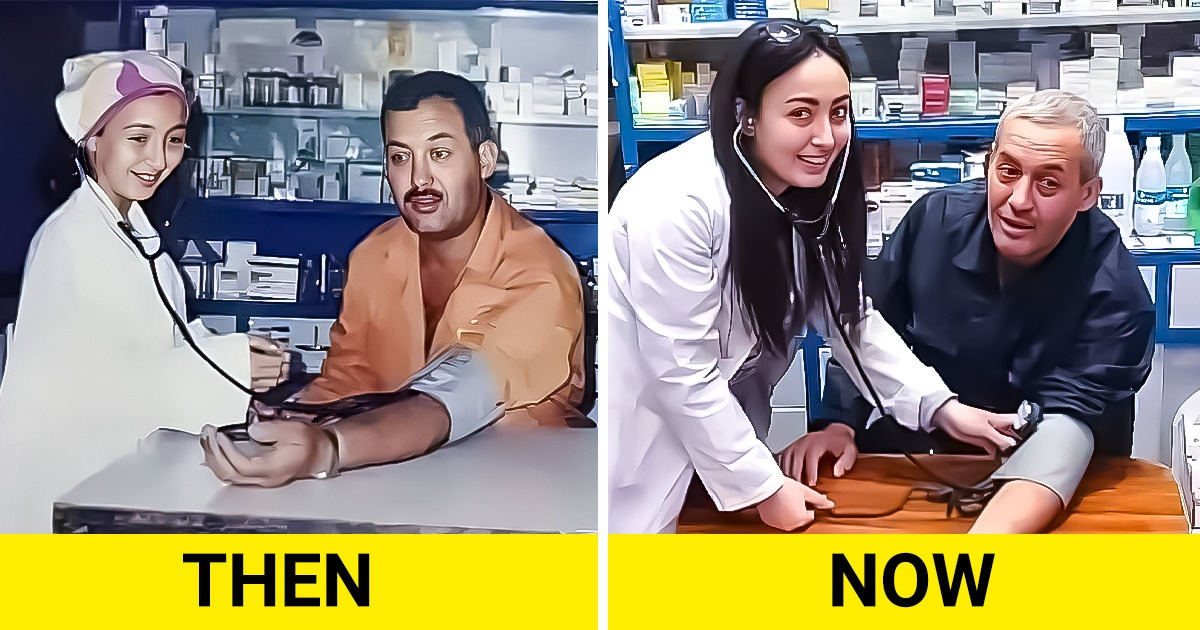
Children all ages love dressing up and engage in roleplay. A sheet is a cape, a carboard box an astronaut’s helmet and mom’s purse a hidden treasure. Imagination is the limit. It is also needed for some really important benefits. Play is essential for kids’ health and development.
We at Bright Side know that love comes in all shapes and forms. Even if those shapes only exist in kids’ imaginations, their lessons can bring real-life skills. And there are benefits for grown-ups too. We saved those as a bonus at the end of the article.
Especially for children in the preoperational stage (from around 18/24 months to 7 years old), this has a big impact. They are maturing in language while developing memory and imagination. Playing pretend allows them to understand the difference between past and future. The benefit is a fun learning discovery.
Playing, in general, can be described as the child’s way of solving life’s “mysteries”. Kids experiment and understand the world around them through it. Dressing up, playing real-life scenarios, or simple make-believe has been linked to emotion regulation, language skills, cognitive reasoning, and problem-solving skills.
Dressing up is a form of imaginative play. Imagining plots and acting on them allows the expression of feelings, both good and bad, in a safe environment. Playing with the family or other children requires cooperation and sharing. It also helps kids practice language and social skills.
From saving the princess to camping in the living room, if it has a plot, is a decision-making skills developer. Creating situations or acting out social events allows kids to test ideas and behaviors that they might not try otherwise. This type of play helps develop and/or strengthen problem-solving and self-regulation skills.
Being in a costume helps kids engage in imaginary play, which boosts focus. Kids pretending to be superheroes focus better on tasks than those who think of themselves in the third person or first person. A study revealed that the more a child can distance from the self, the better they can focus on a boring task.
The rebel and the alter-ego can be one and the same. Adopting an alter ego can help kids concentrate on a complex or boring task by helping to create distance from the present situation. This role-play self-distancing technique allows one to observe the behavior and not indulge in immediate impulses. At the same time, it is an opportunity to develop coping mechanisms for worst-case scenarios.
Doing something despite difficulty or delay in achieving success is perseverance. And it is a necessary skill to have throughout our lives. From learning to read and struggling to remember the sound of each letter to college graduation and an eventual professional life, perseverance is a building block of success.
Perseverance is an executive function. Executive functions and self-regulation skills are the mental processes that enable us to plan, focus, remember instructions, and take on multiple tasks. Children are not born with these skills, so when they have the opportunity to boost them, they experiment with lifelong benefits. And as it seems, more time spent as superheroes might help with this.
Having an alter ego is empowering, both for kids and adults. As adults, thinking of ourselves as a separate entity can help reduce anxiety and benefit both confidence and determination. And it shows this even with small shifts in perspective. Adopting an alter-ego, like Beyoncé’s Sasha Fierce, for example, can help one gain control of their emotions.
What do you remember most vividly from your childhood? A smell, a taste, a moment? Do you have kids that enjoy dressing up?


